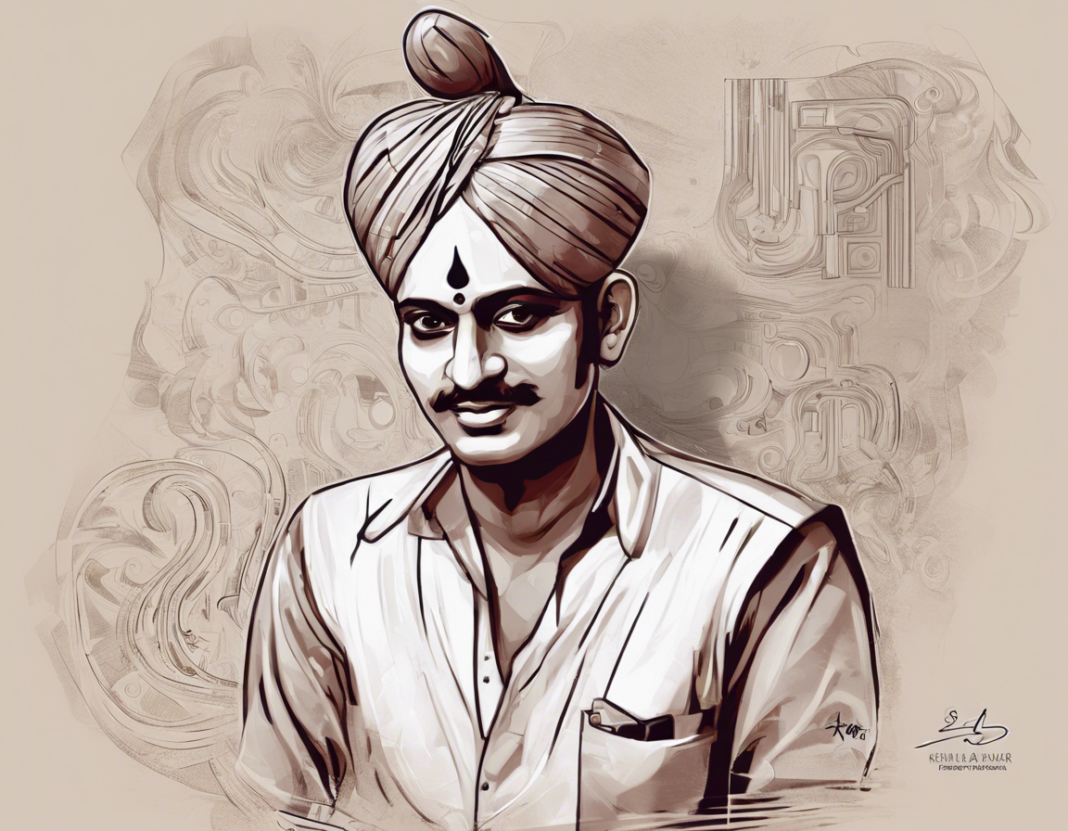Introduction
In the realm of space research, A. S. Kiran Kumar stands out as a prominent figure, known for his remarkable contributions to India’s space missions. With a career spanning four decades at the Indian Space Research Organisation (ISRO), Kumar has played a pivotal role in elevating India’s stature in the global space community. His exemplary leadership, visionary approach, and technical expertise have positioned him as a trailblazer in Indian space research, inspiring generations of scientists and engineers.
Early Life and Education
A. S. Kiran Kumar was born in Bangalore, India, in the year 1952. His passion for science and technology was evident from a young age, propelling him towards a career in engineering. Kumar pursued his undergraduate studies in Physical Sciences at the prestigious National College in Bangalore. He later obtained a Master’s degree in Electronics from the Bangalore University, laying the foundation for his future endeavors in the field of space research.
Career at ISRO
Kumar’s journey at ISRO began in 1975, marking the commencement of a long and illustrious career in space exploration. Over the years, he held various key positions within the organization, showcasing his expertise in satellite technology, remote sensing, and space applications. Kumar’s roles encompassed both technical and administrative responsibilities, reflecting his multidimensional skill set and strategic acumen.
Key Achievements
One of Kumar’s notable accomplishments was his instrumental involvement in the Mars Orbiter Mission (Mangalyaan), India’s maiden interplanetary expedition to Mars. As the Project Director of this ambitious mission, he oversaw its successful launch and subsequent journey to the Red Planet, solidifying India’s reputation as a formidable player in space exploration. The Mangalyaan mission, executed with precision and efficiency, garnered international acclaim and underscored ISRO’s capability to undertake complex space missions.
Leadership and Vision
A. S. Kiran Kumar’s tenure as the Chairman of ISRO, from 2015 to 2018, was marked by visionary leadership and strategic foresight. Under his stewardship, ISRO achieved significant milestones, including the successful launch of the Chandrayaan-2 mission to the Moon and the development of indigenous satellite technologies. Kumar’s emphasis on innovation, collaboration, and excellence propelled ISRO to greater heights, reinforcing its reputation as a world-class space agency.
Legacy and Impact
As a trailblazer in Indian space research, A. S. Kiran Kumar’s legacy extends far beyond his individual achievements. His dedicated service to ISRO, coupled with his unwavering commitment to advancing space exploration, has inspired a new generation of scientists and engineers to aspire for excellence in the field. Kumar’s contributions have not only enhanced India’s capabilities in space technology but have also earned him recognition as a global leader in the space domain.
Conclusion
In conclusion, A. S. Kiran Kumar’s remarkable journey in Indian space research serves as a testament to his exemplary dedication, vision, and leadership. From pioneering missions to fostering innovation, Kumar’s impact on ISRO and the broader scientific community is indelible. As India continues to mark milestones in space exploration, Kumar’s legacy remains a guiding light for future endeavors, shaping the trajectory of space research in the country and beyond.
Frequently Asked Questions (FAQs)
1. What are A. S. Kiran Kumar’s major contributions to ISRO?
A. S. Kiran Kumar played a pivotal role in the success of the Mars Orbiter Mission (Mangalyaan) and led ISRO through significant achievements during his tenure as Chairman, including the Chandrayaan-2 mission.
2. How has A. S. Kiran Kumar influenced the field of space research in India?
Kumar’s leadership, vision, and technical expertise have elevated India’s stature in space exploration and inspired a new generation of scientists and engineers to pursue excellence in the field.
3. What was A. S. Kiran Kumar’s role in the Mangalyaan mission to Mars?
As the Project Director of the Mangalyaan mission, Kumar oversaw its successful launch and journey to Mars, showcasing India’s capability to undertake complex interplanetary missions.
4. What are some key characteristics of A. S. Kiran Kumar’s leadership style at ISRO?
Kumar’s leadership style is characterized by innovation, collaboration, and a commitment to excellence, which have been instrumental in ISRO’s achievement of significant milestones in space exploration.
5. How has A. S. Kiran Kumar’s legacy impacted the future of space research in India?
Kumar’s legacy continues to inspire future generations of scientists and engineers to push the boundaries of space exploration, fostering a culture of innovation and excellence within ISRO and the wider scientific community.
6. What are some notable missions led by A. S. Kiran Kumar during his tenure at ISRO?
Apart from the Mangalyaan and Chandrayaan-2 missions, Kumar oversaw the successful launch of numerous satellites and the development of advanced satellite technologies, contributing to India’s space capabilities.
7. How has A. S. Kiran Kumar’s tenure as Chairman of ISRO impacted the organization’s global standing?
Under Kumar’s leadership, ISRO solidified its position as a leading space agency on the global stage, earning recognition for its technological prowess, operational efficiency, and successful mission outcomes.
8. What advice does A. S. Kiran Kumar offer to aspiring scientists and engineers in the field of space research?
Kumar emphasizes the importance of passion, dedication, and continuous learning in pursuing a career in space research, encouraging young professionals to strive for excellence and contribute meaningfully to the advancement of science and technology.
9. How does A. S. Kiran Kumar’s educational background contribute to his success in the field of space research?
Kumar’s academic foundation in Physical Sciences and Electronics provided him with a strong technical background and analytical skills, enabling him to excel in the complex and dynamic field of space technology and research.
10. What is A. S. Kiran Kumar’s vision for the future of space exploration in India and globally?
Kumar envisions a future where India plays a key role in advancing space exploration, leveraging technology, innovation, and international collaboration to push the boundaries of scientific discovery and exploration beyond Earth’s orbit.

